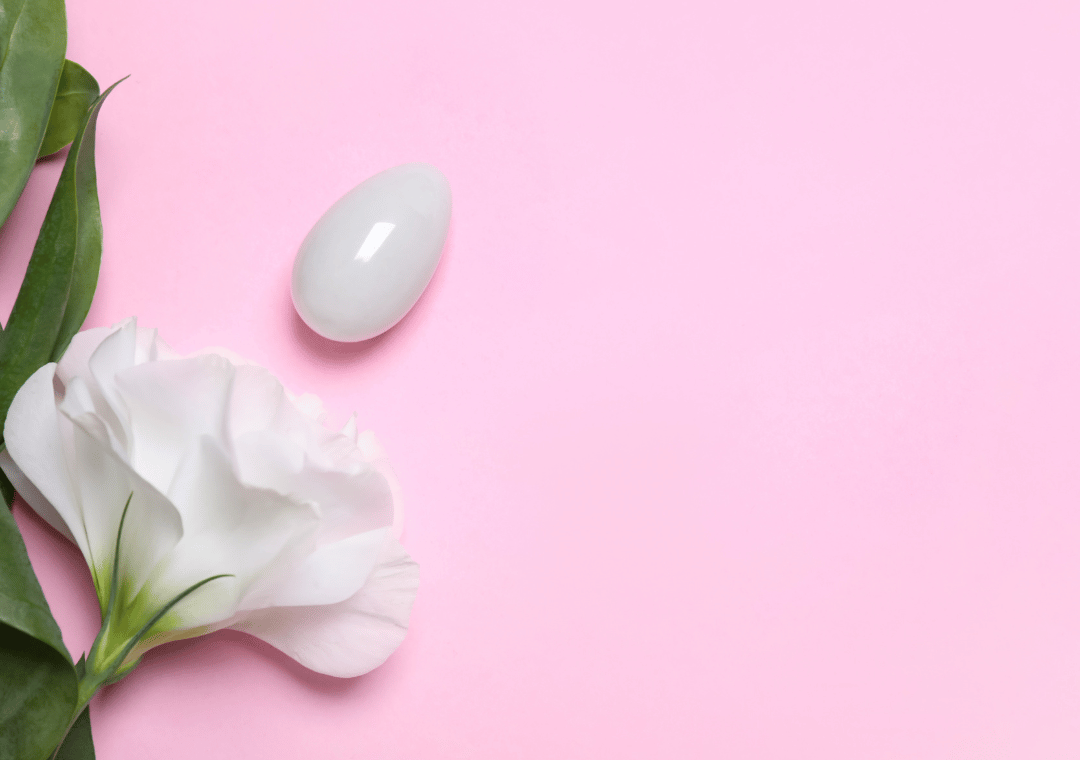
According to the American Pregnancy Association, Primary Ovarian Insufficiency (POI) impacts one in every 1,000 women between the ages of 15 and 29, and one in every 100 women between the ages of 30 and 39.
POI occurs when a woman’s ovaries cease functioning before the age of 40. POI can be an incredibly difficult and emotional condition to cope with for young women because the symptoms are those similar to menopause, including infertility.
But understanding POI, from what’s happening inside the body to strategies for managing it, can lead to feeling calmer, empowered, and more in control. We spoke with Dr. Leah Millheiser, an OB-GYN and Clinical Assistant Professor at Stanford University, to learn more about POI.
What happens in the body during POI?
We’re born with millions of eggs in our ovaries. “During our cycle, several ovarian follicles (which house eggs) will develop. But only one follicle will eventually release an egg and ovulate, while the other follicles die off,” explains Millheiser.
If this egg gets fertilized by sperm, you could become pregnant. If not, it will be flushed out when you have your period. Regardless, you’re losing follicles and eggs each month. POI exists when your ovaries no longer have enough follicles to go through this monthly process, which results in infertility and an absent or infrequent period. In addition to having an insufficient supply of follicles, your ovaries stop producing as much estrogen—a reproductive hormone that plays a critical role in follicle development and ovulation.
Wait—this sounds similar to premature ovarian failure (POF) and premature menopause
Primary Ovarian Insufficiency (POI) and Premature Ovarian Failure (POF) refer to the same condition. However, Primary Ovarian Insufficiency (POI) is now the medically preferred and recognized name. “Failure” suggests that it’s impossible for a woman to ovulate and get pregnant. But according to Dr. Millheiser, women with POI can ovulate sporadically and get pregnant in rare situations. “It’s not a complete failure of the ovaries,” she says. “They’re just insufficient.”
This is also what distinguishes POI from premature menopause and menopause. Millheiser says, “Menopause is the complete end of ovarian function and fertility.”
What are the symptoms of POI?
With the exception of this key difference between POI and menopause, the symptoms are nearly identical. They can include an irregular or absent period, hot flashes, night sweats, anxiety, depression, irritability, vaginal dryness, painful intercourse, low libido, and infertility, all due to a lack of ovarian follicles and estrogen production.
How do I find out if I have POI?
If your periods have become irregular of absent for three months or more, visit your gynecologist or primary care physician to rule out POI. Millheiser recommends first making sure you’re not pregnant, which also leads to an absence of menstruation. “Continually taking birth control pills and skipping the placebo pills can also be a reason you’re not getting your period,” adds Millheiser. “Your best option is to visit a medical professional who will perform hormone tests, review the results with you, and discuss your options.”
Managing symptoms and the impact of POI
Speaking of options, if diagnosed with POI, Millheiser emphasizes the importance of mental health. “If a young woman has POI, she's likely thinking about dating, sex, or having a family. She’s wondering, ‘How will I explain to a partner that I’m experiencing menopause symptoms?’” notes Millheiser. “Counseling is often imperative because she is dealing with issues that most women her age don’t have to think about until they are in their fifties.”
In terms of fertility, Millheiser doesn’t recommend relying on the chance that you might ovulate with POI. “I advise my patients seeking pregnancy to see an infertility specialist,” she says. “Women with POI can physically carry their baby, but they’ll likely need to get an egg donor.”
To relieve symptoms caused by a lack of estrogen (hot flashes, night sweats, vaginal dryness, painful intercouse, low libido), strategies to increase estrogen like hormonal birth control or vaginal estrogen therapy are commonly used. There are also non-hormonal, FDA-approved options for women with a history of blood clots or breast cancer, in which case estrogen therapy may not be appropriate. Silicon-based lubricants are a simple way of improving sex and vaginal dryness.
Lastly, since estrogen plays an important role in maintaining bone and heart health, it’s important to perform weight-bearing exercises and get plenty of calcium to keep these parts of your body as healthy as possible.
Support and knowledge are powerful
We especially love Millheister’s advice to think beyond physical symptom management. Caring for yourself emotionally, whether it’s talking with a trusted friend or reading about POI to become more knowledgeable, is one of the best places to start.
Written by English Taylor. Women's health freelance writer and editor. English went to the University of Virginia undergrad and Northwestern for graduate school. She currently lives in the bay area but hails from Nashville (one of our favorite places!).

